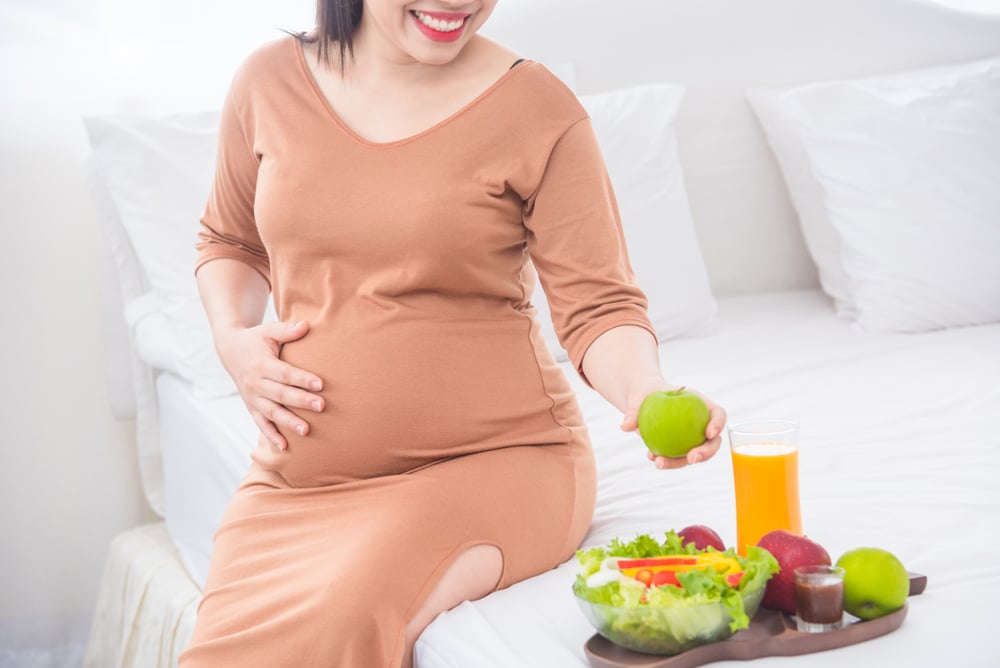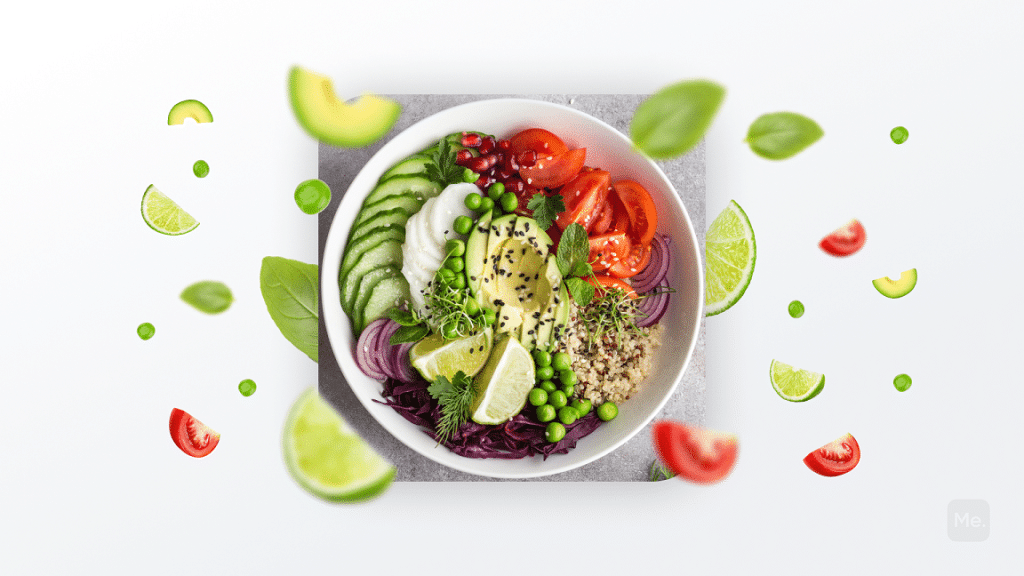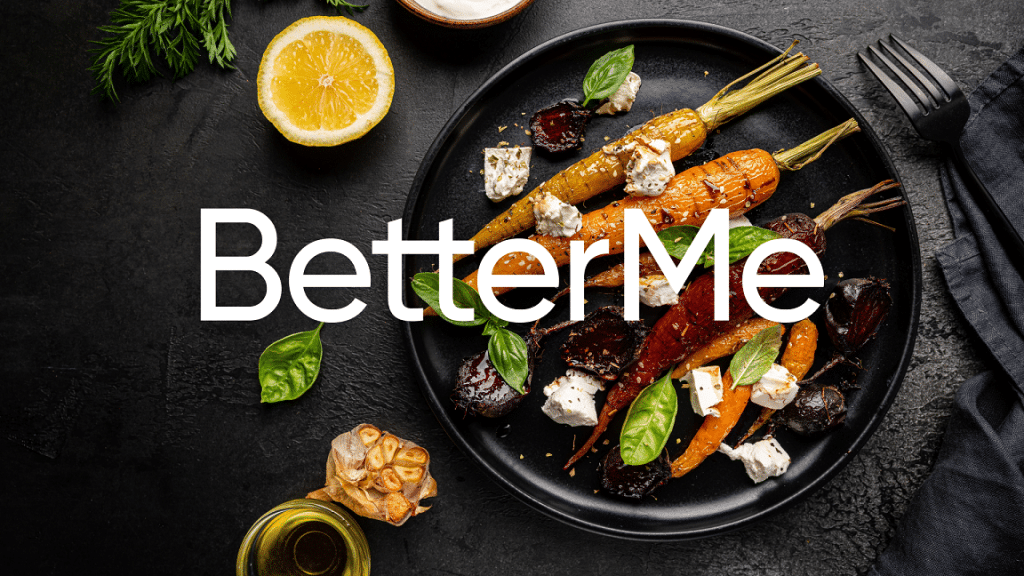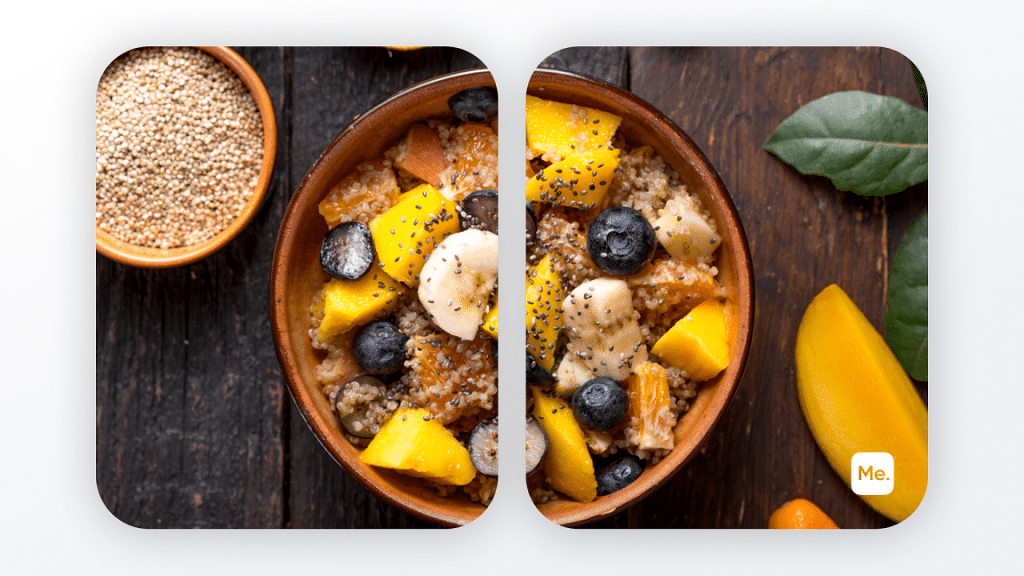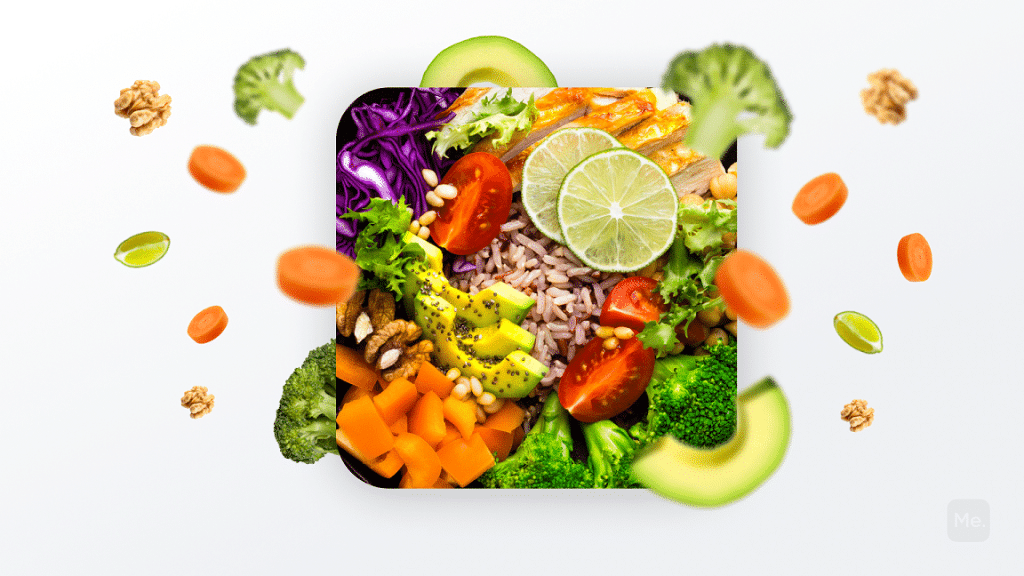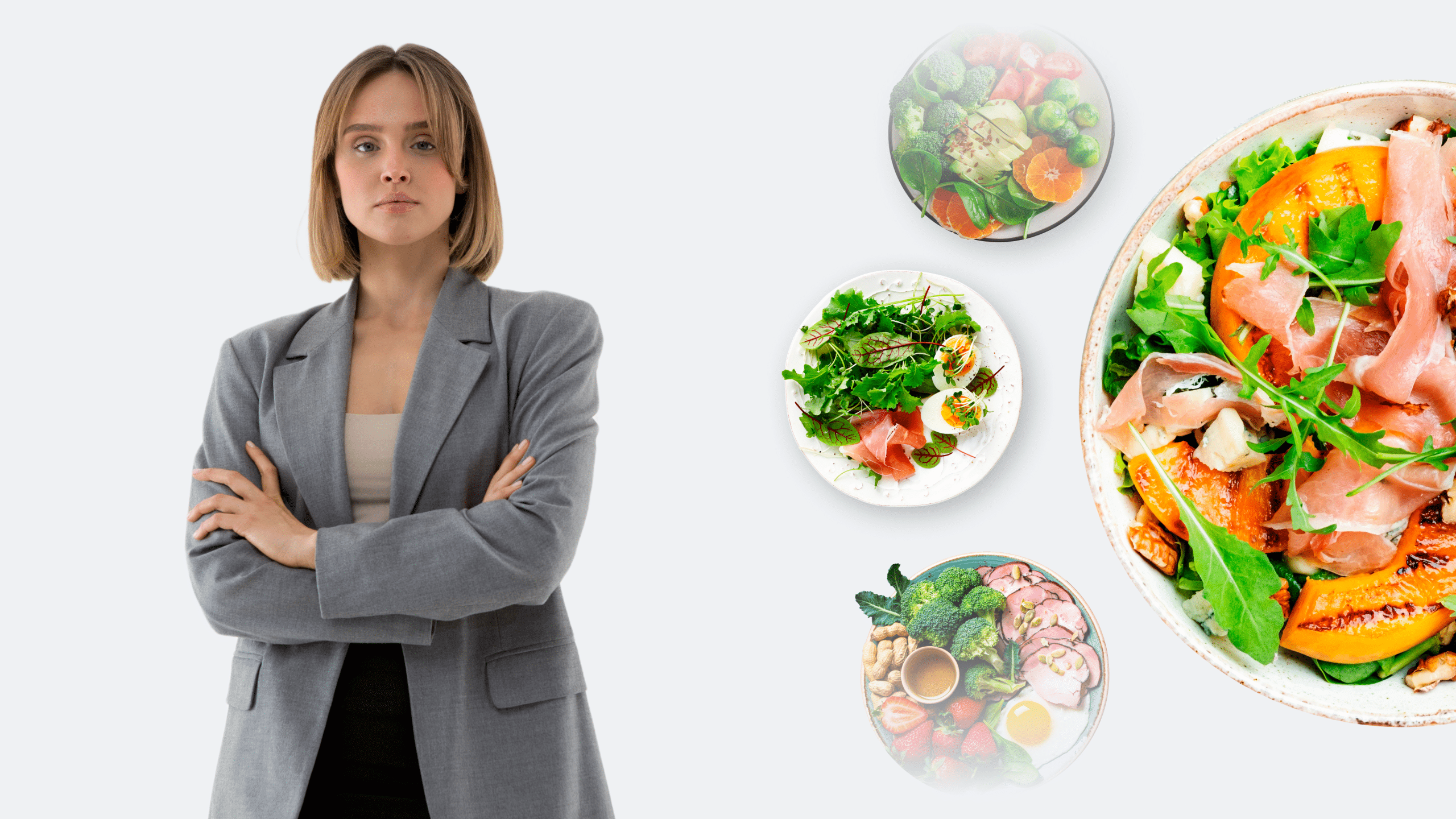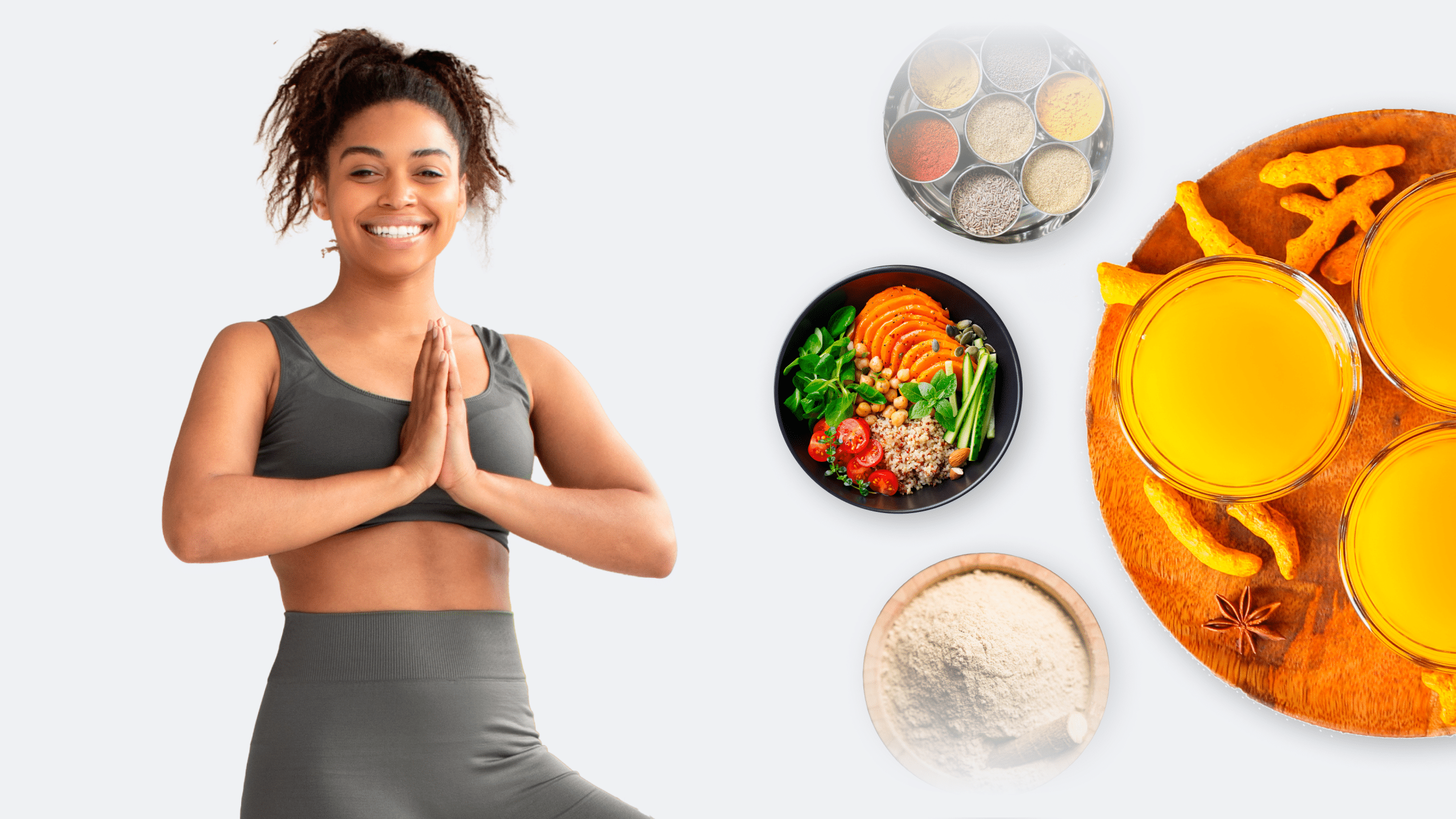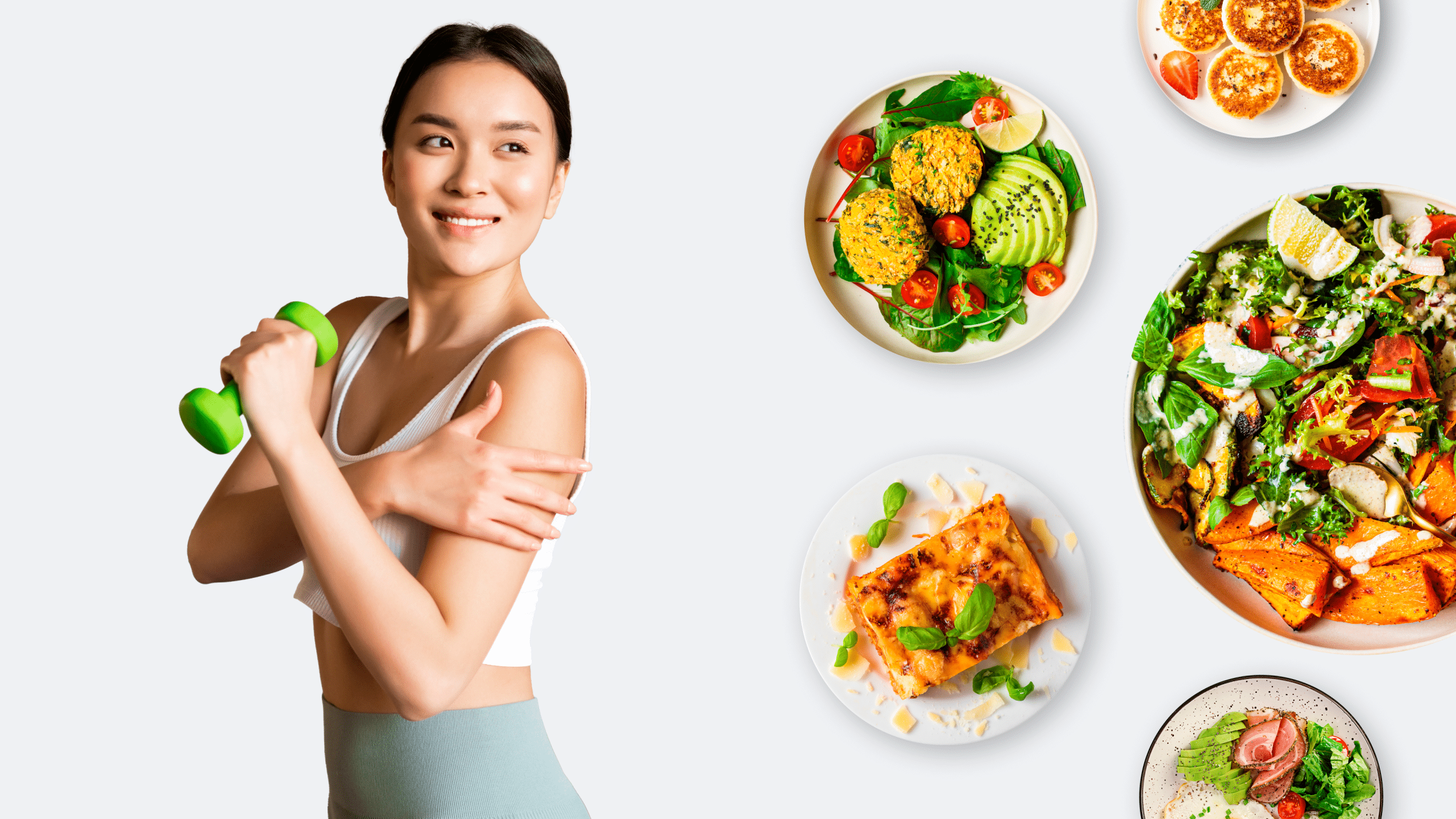Pregnancy comes with its fair share of discomfort. From nausea in the first trimester to backaches in the third trimester, you’ll likely be looking for home remedies to ease your journey. One of the best ways to improve your overall health experience during those 9 months is by having a fiber-rich diet. Such a diet is especially important for keeping your gut healthy and happy.
In this article, we’ll look at dietary fiber and why it’s important during pregnancy. We’ll also look at some ideal high fiber foods for pregnancy and how to ensure you’re taking just enough to keep you healthy.
The Types Of Dietary Fiber
There are two main types of fiber; soluble and insoluble. We’ll take a closer look at each of these types of fiber, how they work, and their sources.
Soluble Fiber
Soluble fiber dissolves fairly easily in water. Soluble fiber is commonly found in oats, barley, nuts, legumes, flax seeds and fruits. It’s one of the best fibers for pregnancy constipation and is found in most plant foods.
When it comes to the digestive system, soluble fiber attracts water to form a gel-like substance that slows digestion. This helps keep your blood sugar level stabilized after you eat (4).
Also, by slowing down digestion this type of dietary fiber can reduce cholesterol levels by binding up bile acids and eliminating them from the body with bowel movements (poop). By creating a softer stool that is easier to pass, soluble fiber may also help relieve constipation (3).
The Benefits Of Soluble Fiber
According to studies done over several decades, soluble fiber has been shown to slow down digestion and stabilize blood sugar levels after meals. This is important for people with diabetes and may also help manage weight because the slower digestion gives you a feeling of fullness, or satiety, longer than if you ate other types of foods (4).
Also, because soluble fiber attaches itself to bile acids it can reduce cholesterol levels in your blood and might even remove some existing plaque from the colon wall (the large intestine) (4).
Read More: Keto Fiber Foods: 15 Low-Carb, High-Fiber Foods That Won’t Kick You Out Of Ketosis
Insoluble Fiber
Insoluble fibers are found in whole grains such as wheat bran, vegetables like zucchini and cucumbers which have been peeled, seeds, nuts, and the skins of apples. In other words, it’s mainly found in plant foods that aren’t highly processed.
When insoluble fiber passes through the digestive system it adds bulk to your stool. This makes bowel movements (poop) soft and easier to pass. Insoluble fiber also helps food and waste move through the gut quickly which encourages healthy bowel function (3).
The Benefits Of Insoluble Fiber
Insoluble fiber works differently than soluble fiber which we just discussed above; however, both types of dietary fiber help keep you regular and may reduce your risk for several diseases such as diverticulosis, constipation, diabetes, and cardiovascular disease (4).
By adding bulk to your stool, insoluble fibers might help speed up gut motility. Also, because this kind of dietary fiber doesn’t bind itself to bile acids it’s not been shown to reduce cholesterol, but it might help remove some existing plaque in the colon (4).
What Is Fiber Good For During Pregnancy?
There are three main benefits of eating a fiber-rich diet during pregnancy:
Prevents Constipation
Constipation during pregnancy can be caused by several factors, including hormone progesterone, iron supplements, and the pressure on your womb (1).
Hormone Progesterone
The hormone progesterone causes constipation during pregnancy. Progesterone is an anti-diarrheal hormone, increasing the absorption of water in the colon, which leads to less frequent bowel movements. This also increases the risk for dehydration although this is not common.
Progesterone can cause nausea and vomiting as well, which contributes to your body’s lack of interest in food. When you are pregnant, it is best to eat healthy snacks throughout the day rather than three big meals because there may be times when you cannot keep food down or are too nauseous to eat.
Iron Supplements
Another possible cause that can lead to constipation during pregnancy is iron supplements. Iron binds with your body’s bile acid which is needed for digestion and can cause constipation. Most prenatal vitamins have iron in them because your iron needs during pregnancy are quite high.
BetterMe will keep you laser-focused on your weight loss journey! Nutrient-packed meal plans, fat-blasting workouts, galvanizing challenges, and much more. Try using the app and see for yourself!
Pressure On The Womb
Your womb may also put pressure on the large intestine and other organs near it, leading not only to constipation but also difficulty with urination and hemorrhoids. This symptom can last throughout your pregnancy so eat fiber-rich foods like fresh fruits and vegetables, whole grains bread and cereals, nuts, and seeds plus drink plenty of water to help alleviate this problem after you speak with your doctor regarding the dosage and type of dietary supplements that will be best for you.
Increases Satiety
Eating a diet high in fiber often makes you feel full, and this may keep you from overeating (4). Fiber-rich foods tend to have fewer calories per serving on average than their starch counterparts, so eating plenty of them can also help you lose weight if that is an issue for you.
Gaining an appropriate amount of weight during pregnancy is important to prevent complications like gestational diabetes and excess weight gain (11).
Other Health Benefits
Aside from preventing constipation and helping you lose weight, fiber is beneficial for many other reasons:
It lowers your risk of developing hemorrhoids and varicose veins. Also, studies show that high-fiber foods can lower your risk of heart disease because they can help reduce cholesterol levels (4).
Because fiber slows down food absorption, it may also help prevent high blood sugar levels after a meal (4).
List Of High Fiber Foods For Pregnancy
The average American adult only gets about half the recommended amount of dietary fiber each day which is 25-38 grams a day (6). Eating more high-fiber foods will ensure you get enough at least 25 grams a day to reap these health benefits. During pregnancy, it’s recommended that you consume at least 28 grams of fiber each day (5).
There are several great sources of dietary fiber. The following list contains some good choices:
Fruits
Many fruits provide the benefits of dietary fiber without adding too many extra calories or carbohydrates to your daily totals. Be sure to take them whole rather than as juice since juicing removes some or all of the fiber from the fruit.
Fruits with the highest fiber content include:
- Raspberries
- Blackberries
- Prunes
- Plums
- Raisins
- Apples with skin on
- Grapefruit
- Oranges
Whole Grains
Whole grains are loaded with healthy fiber.
Choose 100 percent whole wheat breads and cereals, brown rice, or even whole grain pasta instead of white processed flour products if you want to get the most benefits from your grains. Whole grains also contain complex carbohydrates which provide energy for both your body and brain, helping keep you alert.
Grains with the highest fiber content include:
- Black oats (or porridge)
- Barley
- Bulgur or cracked wheat
- Whole-wheat couscous
- Breakfast cereals that list whole kernels as the first ingredient on the label (look for at least 2 grams of dietary fiber per serving; for example, Cheerios has 3 grams per 1 cup serving)
Read More: How To Get More Fiber: 8 Easy Ways To Transition Into A High-Fiber Diet For Gut Health
Nuts And Legumes
These foods provide many of the same benefits as whole grains, but they also contain a good amount of protein. They are ideal foods high in fiber to eat as a between-meal snack, especially if you suffer from heartburn or acid reflux during pregnancy (8).
Legumes with the highest fiber content include:
- Lentils
- Split peas
- Black-eyed peas
- Whole soybeans (edamame)
- Peanuts
Nuts with the highest fiber content include:
- Cashews
- Almonds
Vegetables
You may already know that vegetables are rich sources of vitamins and minerals so it’s no surprise that they’re also high in dietary fiber (5). Make sure to steam, roast, or sauté them rather than boil them to retain most of the nutrients and fiber.
Some vegetables that contain high fiber for constipation during pregnancy include:
- Artichokes
- Asparagus
- Bamboo shoots
- Bell peppers, green or red (or yellow, orange, or purple) carrots
- Corn kernels
- Green peas
- Onions
- Red potatoes with skin on
- Turnips
- White potatoes without skin on Sweet potatoes have about 3 grams of dietary fiber per 1/2 cup serving
- Brussels sprouts
- Cauliflower
- Cucumbers
- Zucchini
- Okra
BetterMe app will kick you out of the mental funk, shake off your extra weight, rid you off your energy-zapping habits, and help you sculpt the body of your dreams. Intrigued? Hurry up and change your life for the better!
Low-Fiber Pregnancy Food To Avoid
While all these high-fiber foods are good for you during pregnancy, it’s important to avoid the opposite end of the spectrum: processed junk foods and refined grains. Not only do these foods lack fiber, but they are rich in unhealthy fats and added sugars which are not ideal for you or your baby.
For example, it’s best to avoid chips, potato or corn chips, fried foods, etc. In case you needed another reason not to eat these things during pregnancy: some junk food is high in trans fat that can damage your developing baby’s cells (2). This means that pregnant women should pay particular attention to nutrition labels on processed foods – if a label says zero trans fat per serving of the product but indicates on the ingredients list that there is hydrogenated oil used in making the product consider it a “no.”
Also, try to limit processed “white” carbs like anything made with refined flour including white bread, bagels, rolls, English muffins, or pasta noodles. Processed foods are high in sugar and low in fiber which can lead to common pregnancy complaints such as constipation and hemorrhoids (7).
What Are The Effects Of Eating Too Much Fiber In Pregnancy?
It’s perfectly fine to meet your daily fiber needs by eating all the high-fiber food listed above. However, make sure you don’t go overboard with fiber supplements or other products such as laxatives. These can lead to some unpleasant side effects (10).
- Constipation
- Too much insoluble fiber in your diet can lead to constipation.
- Abdominal Pain
Insoluble fiber is difficult for the body to digest, so it moves through your intestinal tract adding bulk to the stool. If you get too much of this type of fiber at one time, this could lead to cramping and abdominal pain (the more soluble fiber you eat, the less risk of this you have) (10).
Diarrhea
If you increase your fiber intake too abruptly, it can flush through your intestines too quickly causing loose stools. Keep in mind that the average woman needs between 25-28 grams of fiber per day, so eating high-fiber foods will usually not lead to diarrhea (6).
Drop In Blood Sugar Levels
If you’re diabetic or pre-diabetic and you drastically increase your fiber intake, it could affect your blood sugar levels. Speak to your doctor before making any major dietary changes, especially if you are on medication.
Bloating And Flatulence
This is another side effect of eating too much fiber or high-fiber foods that can lead to abdominal pain, as well as bloating and flatulence (the medical term for farting) (9). In some cases, these symptoms may be caused by an underlying condition such as irritable bowel syndrome (IBS), gastroesophageal reflux disease (GERD), or small intestinal bacterial overgrowth (SIBO). If these problems become chronic and don’t go away with dietary changes then you should see your doctor.
The Bottom Line
You should be eating 28 grams of fiber every day while pregnant. That’s just over six servings of fruits and veggies. You’ll find that there are plenty of healthy choices available to you if you keep an eye on your total calorie intake throughout the day. This article provides a list of some great sources for dietary fiber that you can incorporate into your daily meals.
DISCLAIMER:
This article is intended for general informational purposes only and does not address individual circumstances. It is not a substitute for professional advice or help and should not be relied on to make decisions of any kind. Any action you take upon the information presented in this article is strictly at your own risk and responsibility!
SOURCES:
- Causes of constipation during pregnancy and health management (2020, ijcem.com)
- Do fatty acids affect fetal programming? (2015, nih.gov)
- Effect of dietary fiber on constipation: A meta analysis (2012, nih.gov)
- Effects of Dietary Fiber and its Components on Metabolic Health (2010, nih.gov)
- High-Fiber Diet during Pregnancy Characterized by More Fruit and Vegetable Consumption (2021, nih.gov)
- Increasing Fiber Intake (n.d., ucsfhealth.org)
- Pregnant women have inadequate fiber intake while consuming fiber-rich diets in low-income rural setting: Evidences from Analysis of common “ready-to-eat” stable foods (2019, nih.gov)
- The relationship between fruit and vegetable intake with gastroesophageal reflux disease in Iraninan adults (2017, nih.gov)
- TOO MUCH FIBER IN YOUR DIET? SYMPTOMS AND EFFECTS OF FIBER OVERLOAD (n.d., brightlifeclinic.com)
- Warning signs of too much fiber (2019, mdlinx.com)
- Weight management during pregnancy: a qualitative study of women’s and care providers’ experiences and perspectives (2017, biomedcentral.com)

